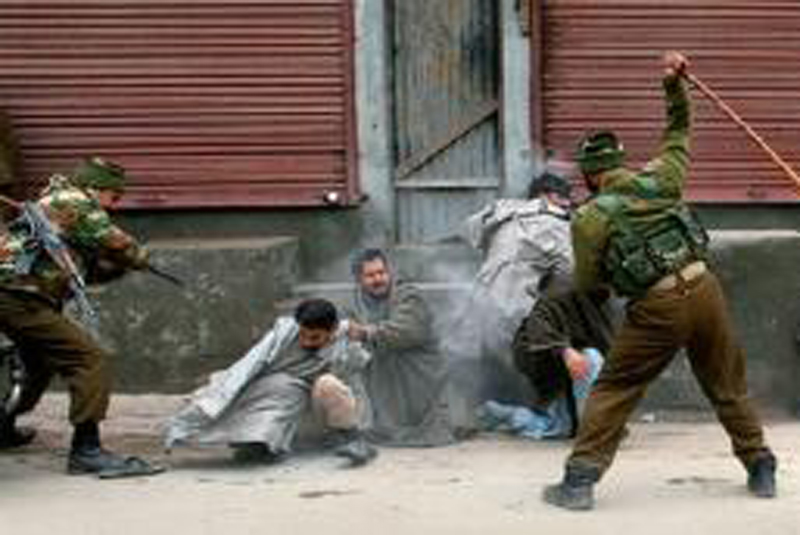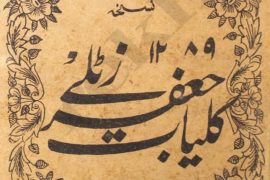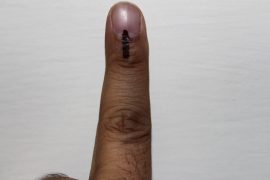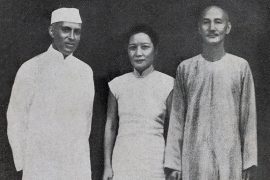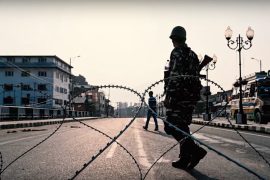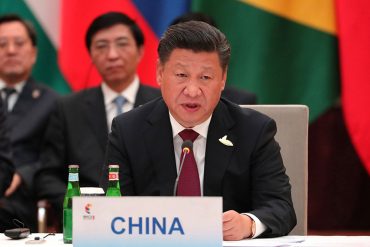On August 5, 2019, India’s Home Minister Amit Shah introduced the J&K State Reorganisation Act bill in the Upper House of the Indian Parliament. It struck down Article 370 that was created to limit the power of the Indian state in Jammu & Kashmir (J&K) and the associated Article 35A which gave special privileges to the permanent residents of the state.
Thousands of miles away, in the small island country of Timor-Leste, I stared at my screen in disbelief. While the revocation of J&K’s special status has been a longstanding promise of the BJP, the manner of the reading down of the law was a surprise to the best of us–with elected leaders arrested and the state under lockdown, the bill sailed through both houses of the Parliament.
The saga of events brought me to think about parallels with Timor-Leste, the youngest country in South–east Asia that has had a bloody path to its independence.
Colonised by the Portuguese for four-hundred years, Timor-Leste proclaimed its independence on November 28, 1975. Ten days later, the Indonesian army, backed implicitly by the USA and Australia, invaded Timor-Leste under “Operation Lotus.” The UN passed resolutions condemning Indonesia’s actions in Timor-Leste, but similar to the case of J&K, nought was done to prevent the human right violations that were rampant during Indonesian rule.
-30-
Copyright©Madras Courier, All Rights Reserved. You may share using our article tools. Please don't cut articles from madrascourier.com and redistribute by email, post to the web, mobile phone or social media.Please send in your feed back and comments to [email protected]

